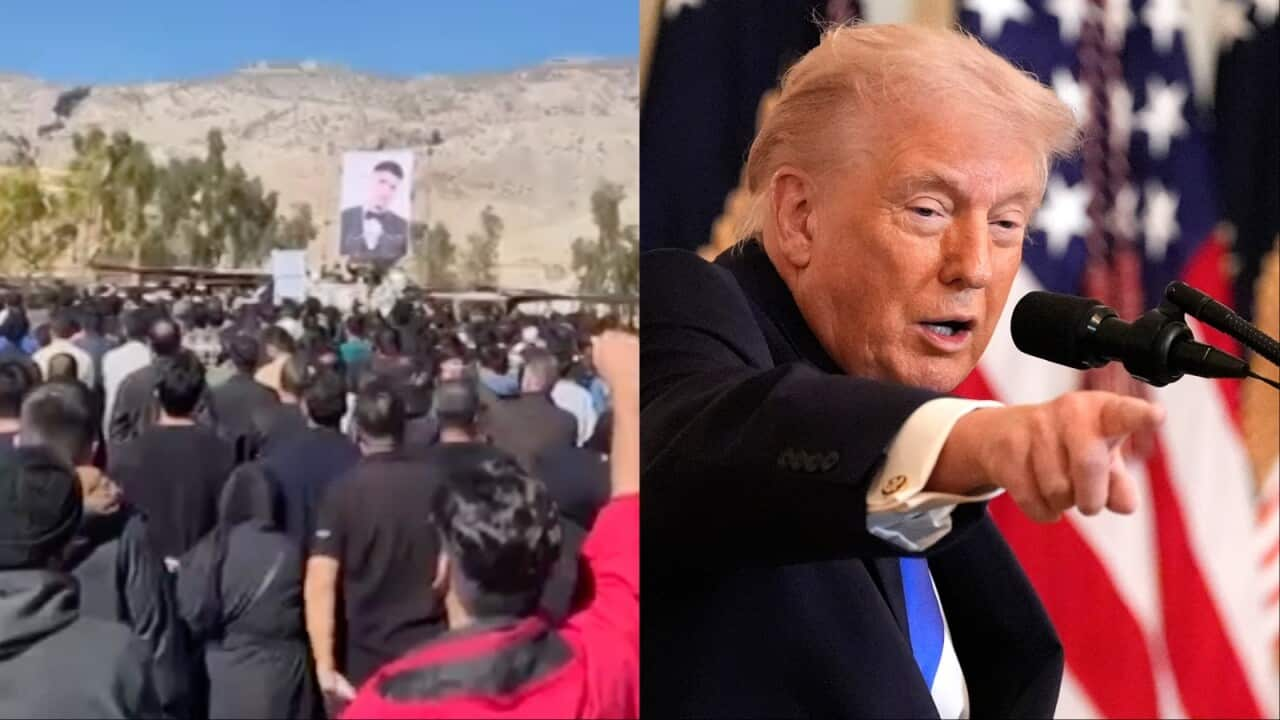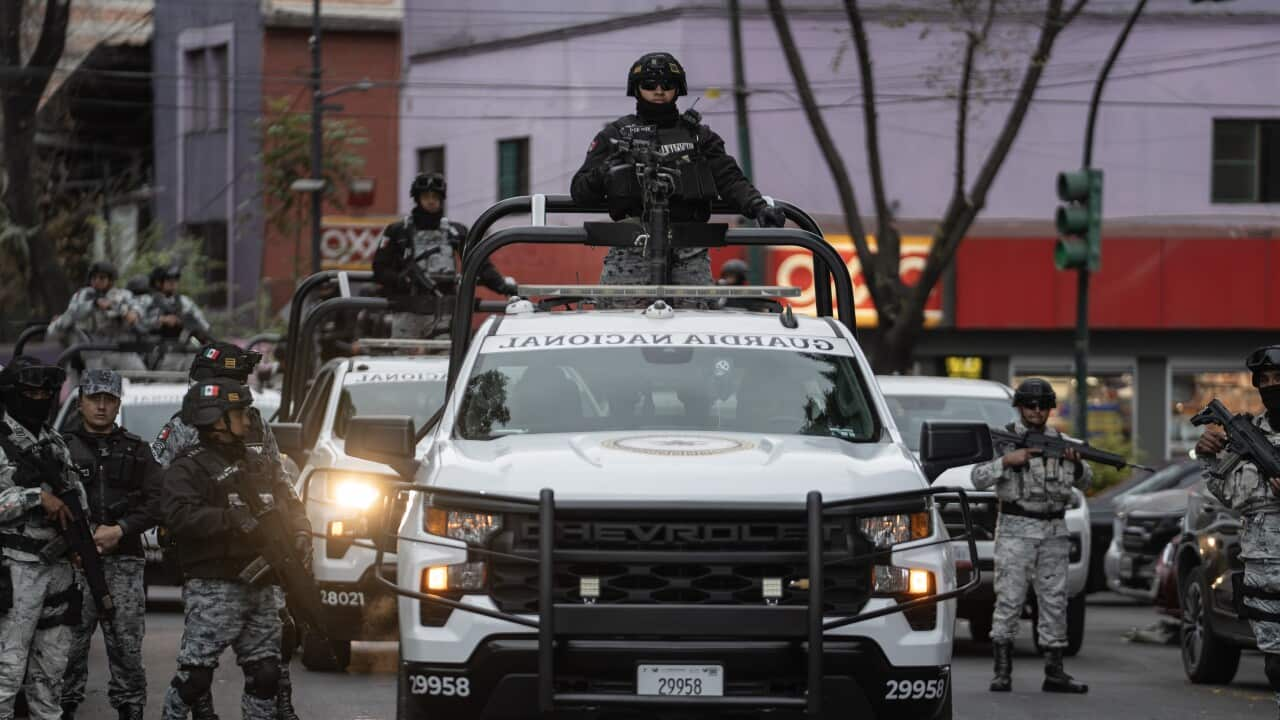At least nine people have been killed and around 2,750 others injured after hundreds of pagers used by Hezbollah exploded simultaneously across Lebanon.
A young girl is among those confirmed dead in, while Iran’s ambassador to Lebanon is among the injured.
Here’s what we know so far.
What are pagers and why does Hezbollah use them?
Pagers are small mobile communication devices that allow users to receive messages and sound alerts.
While they were most popular during the 1980s and 90s, pagers continue to be used in some settings like hospitals, as well as by criminals.
Pagers use their own frequency and are therefore considered more reliable as they bypass mobile telephone networks, which can experience interruptions, connection problems or interception of communications.
These features were among the reasons Hezbollah was using them for internal communications.
After the October 7 attack by Hamas sparked , the militant group told its members to stop using mobile phones to prevent any security breaches.
Pagers were most widely used during the 1980s and 90s. Source: Getty / Corbis/VCG
How did the pagers explode?
The complete picture of how the pagers exploded is still emerging.
Some of the detonations took place after the pagers buzzed, causing the fighters to put their hands on them or bring them up to their faces to check the screens, according to security sources and footage reviewed by Reuters.
Early speculation included the possibility that the pagers’ lithium batteries had overheated, causing the explosions, but several experts have said they doubted that alone would have been enough to cause the blasts.
Paul Christensen, an expert in lithium-ion battery safety at England’s Newcastle University, said the damage caused by the pager explosions seemed inconsistent with known cases of such batteries failing in the past.
“What we’re talking about is a relatively small battery bursting into flames. We’re not talking of a fatal explosion here. I’d need to know more about the energy density of the batteries, but my intuition is telling me that it’s highly unlikely,” he told Reuters.
A source close to Hezbollah, asking not to be identified, told Agence France-Presse the pagers that exploded came from a shipment of a thousand devices that the militant group had recently imported, adding they appeared to have “sabotaged at source”.
Analysts also said it appeared the devices were corrupted before delivery.
“This was more than lithium batteries being forced into override,” Charles Lister, a senior fellow at the Middle East Institute said.
“A small plastic explosive was almost certainly concealed alongside the battery, for remote detonation via a call or page.”
Who’s behind the attack?
Hezbollah has blamed Israel for the pagers exploding, saying two of its fighters were among the dead and threatening a “just punishment”.
“We hold the Israeli enemy fully responsible for this criminal aggression that also targeted civilians,” the group said in a statement.
Israel and Hezbollah have since the start of the Hamas-Israel war.
Lebanon’s foreign ministry called the pager explosions an “Israeli cyberattack”, but didn’t say how it had reached that conclusion.
Several experts have also blamed Israel for the attack, specifically its intelligence agency Mossad.
“For Israel to embed an explosive trigger within the new batch of pagers, they would have likely needed access to the supply chain of these devices,” said Brussels-based military and security analyst Elijah Magnier.
“Israeli intelligence has infiltrated the production process, adding an explosive component and remote triggering mechanism into the pagers without raising suspicion,” he said, raising the prospect the third party that sold the devices could have been an “intelligence front” set up by Israel for the purpose.
The United States, which is a close ally of Israel and, along with other nations such as Australia, considers Hezbollah a terrorist organisation, has denied any prior knowledge of or involvement in the explosions.
State Department spokesperson Matthew Miller said US authorities were in the process of “gathering information” about the attacks, declining to comment on whether they believed Israel carried them out.
“Terrorist members of a terrorist organisation are legitimate targets for countries to launch operations against.”
With reporting by Agence France-Presse and Reuters







